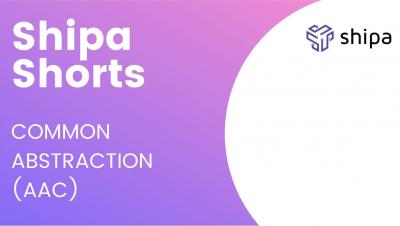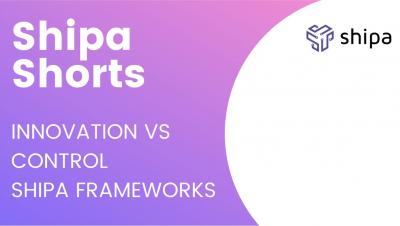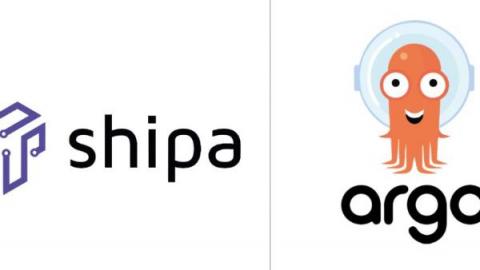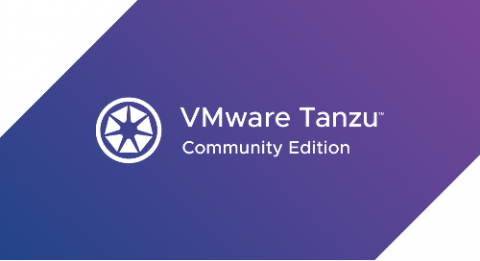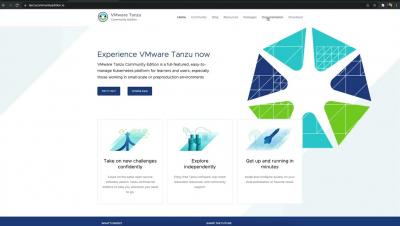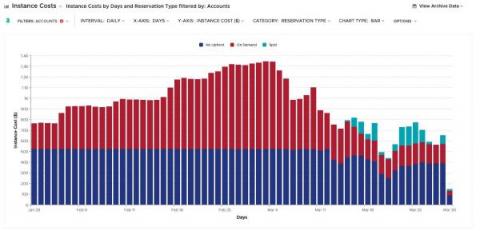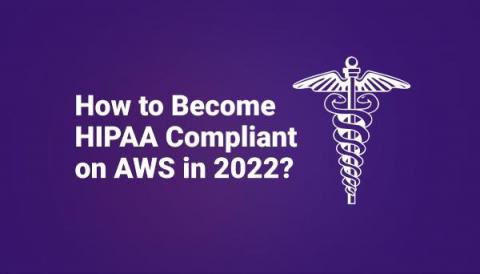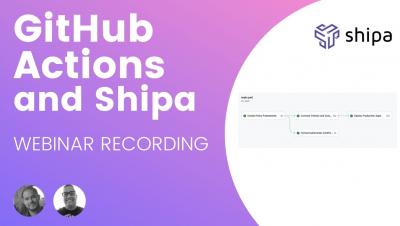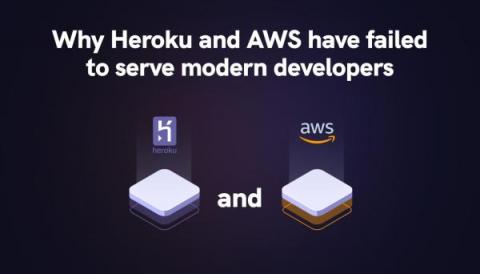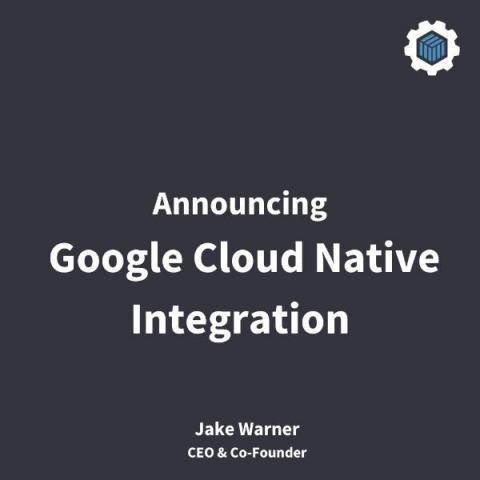Operations | Monitoring | ITSM | DevOps | Cloud
Containers
The latest News and Information on Containers, Kubernetes, Docker and related technologies.
Shipa Innovation vs Control - Frameworks
Argo CD 101 and Setup for Shipa
There is a lot of the art of the possible between the GitOps Engine, Argo CD, and the Application-as-Code platform, Shipa. In a recent blog post, we outlined the power of a one-line developer experience. Though if you are unfamiliar with ArgoCD, here is a guide to get you started with Argo CD and leveraging Shipa for your first deployment.
Kpack Now Included in VMware Tanzu Community Edition
Kpack, a Kubernetes-native container build platform, is a powerful tool that helps DevSecOps teams build and update containers automatically. It is already a core component of VMware’s commercial container build offering, VMware Tanzu Build Service. And today, the kpack technology you know and love has been added as the default container build solution in VMware Tanzu Community Edition, the freely available, open source distribution of the Kubernetes-based Tanzu platform.
Get Started with Tanzu Community Edition and VMware vSphere Using Kube-VIP
Monitoring AWS Spot instances using Sumo Logic
How to become HIPAA compliant on AWS in 2022?
GitHub Actions and Shipa Webinar
Why Heroku and AWS have failed to serve modern developers?
Introducing Cycle's Support of Google Cloud Platform
Our goal has always been to automate and standardize the management of infrastructure and deployment of applications across user infrastructure. Today, we are excited to announce that we've launched support for Google Cloud (GCP), expanding our natively supported providers list and further expanding the choice, flexibility, and reach the platform offers to current and new users. With this new integration, users can deploy, manage, and scale their containerized workloads to GCP compute infrastructure.


